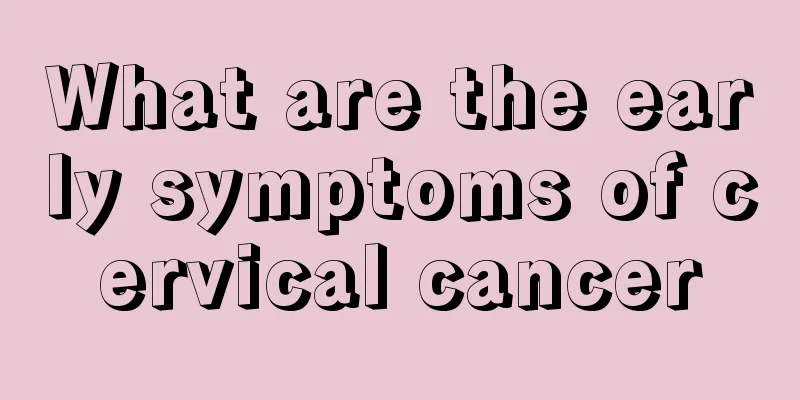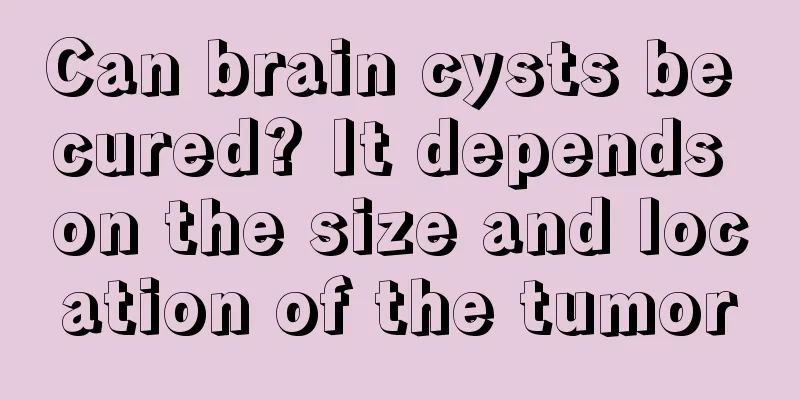Precautions for intravenous calcium injection

|
Intravenous calcium injection is commonly used in clinical practice to inject nutritional ingredients, which can be said to be a common treatment method. It is also a great invention of mankind and an innovation in the history of medicine. Intravenous calcium injection has many benefits and applications, but it is not suitable for everyone. There are many things to pay attention to when performing intravenous calcium injection. If you are not careful, it is very likely to cause side effects such as systemic fever, cardiac arrest, etc. So what should you pay attention to when performing intravenous calcium injection? Avoid injection and leakage in small blood vessels, otherwise it will lead to contraction of local small blood vessel smooth muscles and tissue ischemia and necrosis. Calcium gluconate cannot be injected directly into the muscle as it will cause local tissue necrosis. It can be injected intravenously, but it needs to be diluted and the speed should be slow. Generally, intravenous injection is not recommended except in emergency situations. It is usually diluted and then given intravenously. If you want to supplement calcium, it is best to supplement it with calcium-rich foods such as milk, fish, shrimp, etc. You should also pay attention to absorption, get more sun exposure, and supplement vitamin D, etc. Calcium supplements can be taken. Intravenous injection of calcium gluconate may cause systemic fever, and too rapid an injection may produce arrhythmia or even cardiac arrest, vomiting, and nausea. After diluting with 10% glucose injection, inject slowly, no more than 5 ml per minute. During intravenous injection, care should be taken to prevent the liquid from leaking out of the blood vessels, as this may cause redness, rash and pain on the skin at the injection site, and may be followed by peeling and tissue necrosis. If the drug is found to leak out of the blood vessel, the injection should be stopped immediately. Calcium gluconate is used for calcium deficiency. Acute hypocalcemia and hypocalcemia convulsions, urticaria, acute eczema, dermatitis, etc. Opinions and suggestions: Calcium gluconate only has a certain auxiliary therapeutic effect on allergies that have occurred, and has no preventive effect. It cannot be used for a long time. The best way is to avoid contact with allergens as much as possible. It should be noted that: first, whether the patient has hypercalcemia. If so, a push injection can be given; second, the injection should not be too fast. 20 ml should be pushed for at least 30 minutes; third, the drug solution should be prevented from leaking out of the blood vessels and causing vasculitis. Urticaria is mainly caused by low immunity, dysfunction of the body, and the presence of some symptoms of blood toxins and blood heat in the body. When it accumulates in the body and is stimulated by external factors, it will flow down to the epidermis, leading to this phenomenon. While improving one's own body immunity, combined with Chinese patent medicines that have the effects of dispelling wind and relieving itching, softening hard masses and eliminating accumulations, and unblocking Qi and blood, the disease can be completely cured by treating from the inside out. In daily life, pay attention to eating less spicy and irritating foods. Keep a happy mood, learn to adjust yourself, and live happily. Quit bad habits, such as smoking, drinking, staying up late, etc. Drink plenty of water, eat more vegetables and fruits, and develop the habit of having bowel movements every day. It is recommended to go to a professional dermatology hospital for treatment to get rid of the disease as soon as possible. |
<<: What are the Fujian snacks
>>: What is the difference between blackheads and acne
Recommend
Can Astragalus remove acne?
Astragalus is a well-known Chinese medicinal mate...
Introduction to gastric stump cancer and gastric cancer recurrence
To analyze and summarize the methods of intervent...
Will I die from uterine cancer?
Uterine cancer is common in women between 30 and ...
Left ethmoid sinus osteoma
Ethmoid sinus osteoma is a common type of tumor t...
Does acne itch
It is common for young people to have acne, espec...
What is the best way to treat acute mumps
I believe everyone is familiar with mumps, and so...
How to keep warm
When the seasons change from hot to cold, people ...
If the tumor metastasizes, is there no hope for recovery? You still have 4 options
Tumor metastasis refers to secondary tumors outsi...
Is sea water bathing good for the skin?
Seawater is different from the water we usually s...
How much does it cost to test gastric cancer specimens
Gastric cancer is a disease that people are very ...
My arm was scalded by hot water
Many people often get their arms scalded when wat...
How to treat pituitary tumors
For a disease like pituitary tumor, daily care is...
Are there benign colon tumors?
When people hear the word "tumor", they...
Can the front teeth be extracted?
There are many teeth in the human mouth, and the ...
Treatment of castration-resistant prostate cancer
Drug castration therapy for prostate cancer, in f...









